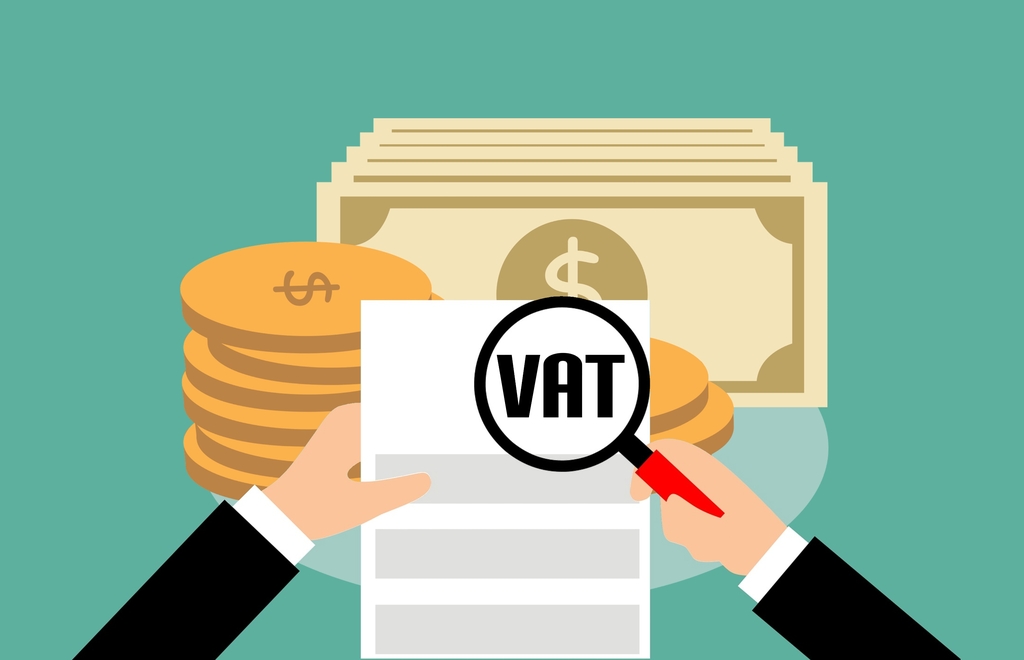When the UAE introduced Value Added Tax (VAT) in 2018 at a standard rate of 5%, it raised questions among businesses operating in Free Zones. One of the most common queries remains:
“Is my Free Zone business exempt from VAT in the UAE?”
If you’re a business owner or entrepreneur operating in a UAE Free Zone, or planning to start one, understanding your VAT obligations is critical. This guide will explain everything you need to know, from what VAT is to which Free Zones qualify as Designated Zones and whether your business can claim zero-rated VAT status, exemptions, or needs to register and charge VAT like any mainland company.
Let’s simplify this complex topic.
1. What is VAT and Why Does it Matter?
VAT (Value Added Tax) is a consumption tax charged at every stage of the supply chain. It is ultimately paid by the end consumer but collected by businesses and remitted to the Federal Tax Authority (FTA).
- Standard VAT rate: 5%
- Applies to: Goods and services supplied in the UAE, unless specifically zero-rated or exempt
- Administered by: Federal Tax Authority (FTA)
Businesses that exceed the mandatory VAT registration threshold must register and comply with filing requirements.
VAT Thresholds:
- Mandatory registration: Annual turnover exceeds AED 375,000
- Voluntary registration: Annual turnover exceeds AED 187,500
2. Free Zones vs. Designated Zones – What’s the Difference?
In VAT terms, not all Free Zones are the same. The UAE distinguishes between:
Regular Free Zones
Most of the 40+ Free Zones in the UAE are considered part of the UAE VAT territory. This means:
- They are subject to normal VAT rules
- Supplies made from/to these zones are not exempt from VAT
Designated Zones
The UAE Cabinet has identified specific Free Zones as “Designated Zones,” which receive special VAT treatment. These zones are treated as being outside the UAE for VAT purposes under certain conditions.
As of the latest update, there are about 23 Designated Zones across the UAE.

3. List of Designated Zones in the UAE
Abu Dhabi
- Khalifa Industrial Zone (KIZAD)
- Abu Dhabi Airport Free Zone
Dubai
- Jebel Ali Free Zone (JAFZA)
- Dubai Airport Free Zone (DAFZA)
- Dubai Silicon Oasis (DSO)
- Dubai Multi Commodities Centre (DMCC) – only specific plots
- Dubai South (Logistics & Aviation Districts)
Sharjah
- Hamriyah Free Zone
- Sharjah Airport International Free Zone (SAIF Zone)
Ras Al Khaimah
- RAK Free Trade Zone (RAK FTZ) – now merged with RAKEZ
- RAK Maritime City Free Zone
Other zones exist in Fujairah and Ajman.
4. VAT Implications for Designated Zone Businesses
Businesses located in Designated Zones are treated differently only when it comes to specific transactions, especially:
- Goods movements
- Supplies of goods between Designated Zones
- Exports of goods outside the UAE
Let’s break it down:
VAT Exempt or Zero-Rated (under specific conditions):
A. Goods Moved Between Designated Zones
If goods are transferred from one Designated Zone to another and do not enter the UAE mainland, the transaction may be outside the scope of VAT.
B. Exports to Outside UAE
If you’re shipping physical goods from a Designated Zone to another country, this is usually zero-rated (0% VAT).
VAT Still Applies:
A. Sale of Services
Services provided within Designated Zones are not automatically VAT exempt. For example, marketing, consulting, or IT services provided to another Free Zone company or UAE client will likely incur 5% VAT unless zero-rated for exports.
B. Sale to UAE Mainland
If you sell goods or services from a Designated Zone to the UAE mainland, VAT is applicable at 5%. In most cases, the buyer on the mainland needs to account for VAT using the reverse charge mechanism, especially for goods.
C. Imports
When goods are imported into a Designated Zone from abroad, import VAT is usually not due immediately, but VAT applies if the goods are later moved to the mainland.

5. Are Services in Free Zones VAT Exempt?
No, services are not exempt from VAT just because you are in a Free Zone – even if it is a Designated Zone.
Example:
You own a digital marketing agency in DAFZA (Designated Zone) and provide services to a client in Dubai mainland:
- You must charge 5% VAT
- You must file VAT returns if registered
If your client is outside the UAE (e.g., Europe or India), your services may be zero-rated.
6. Should You Register for VAT as a Free Zone Business?
You must register for VAT if your taxable turnover exceeds AED 375,000 annually. This includes:
- Revenue from sales in the UAE (even if you’re in a Free Zone)
- Imports into the UAE
- Services provided to mainland clients
- Supplies that are zero-rated (like exports)
Even if you are 100% export-based, you still need to register and file returns if you cross the threshold. Many startups voluntarily register before hitting AED 375,000 to recover VAT on expenses.
7. VAT Return Filing for Free Zone Businesses
If you’re VAT-registered:
- You must file quarterly VAT returns
- You can claim input VAT on business expenses (like rent, software subscriptions)
- You need to maintain proper tax invoices, accounting records, and transaction logs
FTA may audit your business if there are irregularities or delays.

8. Common Misconceptions about VAT and Free Zones
- “Free Zones are tax-free, so no VAT applies.”
Not true. VAT is a federal law. Unless you’re in a Designated Zone and only moving goods under specific conditions, VAT still applies. - “I don’t need to register because I don’t sell to the mainland.”
Even if you sell only to foreign clients or within your Free Zone, you may need to register and file VAT returns depending on your turnover. - “All Free Zones are Designated Zones.”
Only a select number of Free Zones are Designated Zones, and this can change.
9. When Can You Be Exempt from VAT?
Technically, there is no such thing as a VAT “exemption” for Free Zone businesses. Some transactions are either:
- Outside the scope of VAT
- Zero-rated
- Subject to reverse charge by the buyer
10. How to Stay Compliant
- Know your Free Zone status – is it Designated or not?
- Monitor your revenue – cross AED 375,000? Register.
- Issue proper VAT invoices
- Understand zero-rated vs. standard-rated supplies
- File VAT returns quarterly via the FTA Portal
- Keep records for at least five years
Conclusion
In most cases, your Free Zone business is not completely exempt from VAT. If you are in a Designated Zone and dealing strictly in goods, trading only with other Designated Zones or outside the UAE, you may benefit from zero-rated or out-of-scope treatment.
However, if you provide services, sell to the UAE mainland, or hit the AED 375,000 threshold, VAT registration and compliance become mandatory.
Click here to book a call with one of our recommended Free Zone Business Setup Experts in Dubai.

